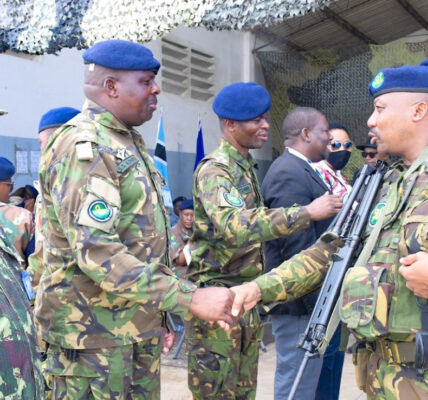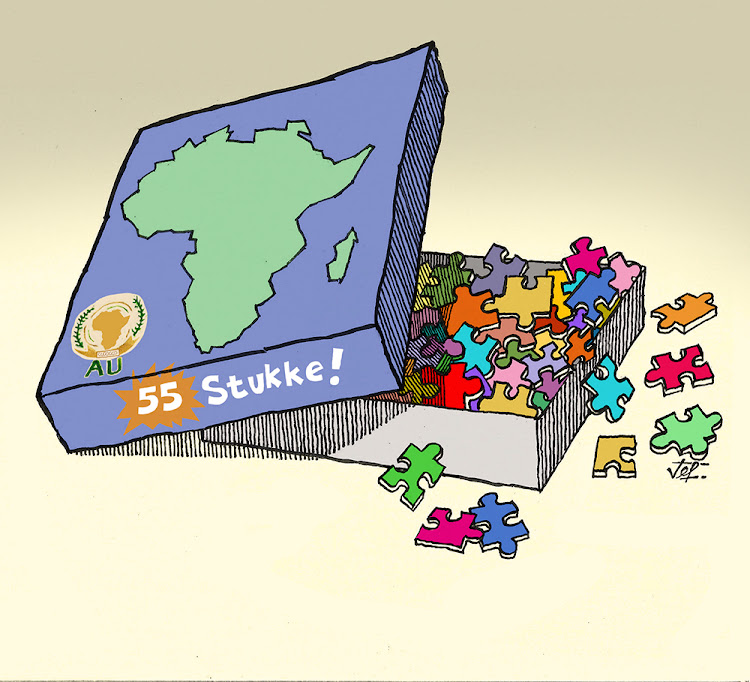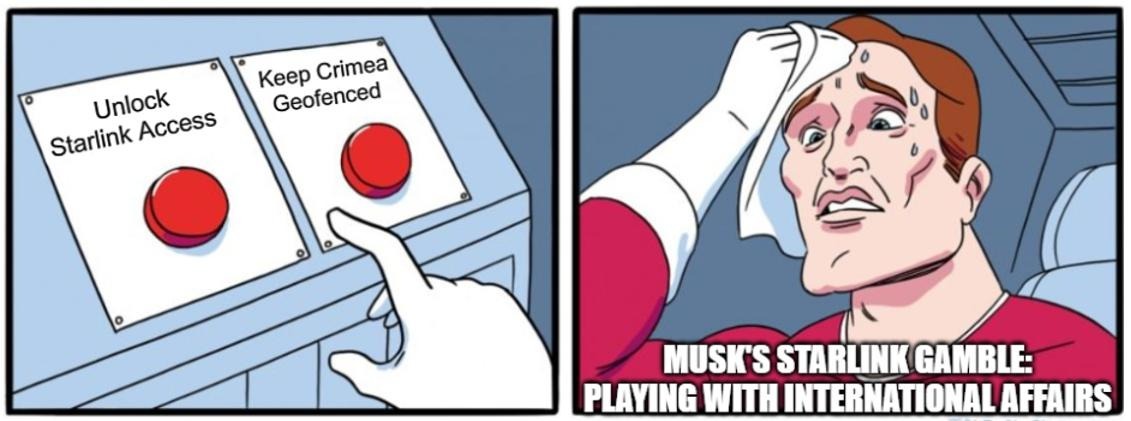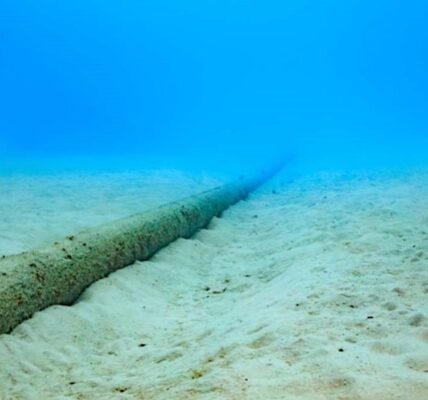The death of the Iranian president is unlikely to end Iran’s shadow war with Israel.

Even before Tehran had formally announced the death of President Ebrahim Raisi, conspiracy theories as to whether foul play was to blame began coming in rapidly. Was Israel’s Mossad, the go-to organisation Iran likes to blame for almost any catastrophe that befalls the Islamic Republic, behind the helicopter crash? Was it the CIA, the same organisation which swept the Shah to power in a coup d’état in 1953? Or was it one of many internal enemies Raisi had managed to accumulate after his years in power?
Raisi, after all, had no shortage of enemies both within and outside the regime. He was responsible for the mass executions of an estimated 30,000 thousands of political prisoners – or terrorists as Iran likes to call them – in 1988. More recently, he was behind the more than 500 civilians who were rounded-up, tortured and executed after protesting over the death of Mahsa Amini, a 22-year-old Kurdish Iranian woman, who had been arrested by morality police three days earlier for allegedly violating Iran’s mandatory Islamic dress code.
Whoever wins will be a sign of where Iran sees its future
In reality, though, the truth is probably more prosaic. The crash, which also killed Iran’s foreign minister Hossein Amir-Abdollahian and six other passengers and crew, was probably linked to bad weather, pilot error or engine failure. It should be noted that Iran’s air safety – after years of damaging sanctions – is notoriously poor.
Raisi, a 63-year-old hardliner, was a polarising figure in Iran. He was shoehorned into power in 2021 and was a potential candidate to succeed the state’s supreme leader Ayatollah Ali Khamenei, the 85-year-old ailing cleric who holds ultimate power in Iran along with the Islamic Revolutionary Guard Corps (IRGC).
The big question now is what happens next in Iran. The West, especially Israel and the US, will be watching with interest, wondering no doubt whether the president’s death could turn into a crucial inflection point. Could the populace takes to the streets to demand real change and a loosening of the widely reviled modesty laws which can see women imprisoned, and worse, for not conforming to Iran’s strict dress code? No doubt such a move is already being planned for and the IRGC will be out in force on the streets of Tehran and other majority cities ready to violently extinguish any ad hoc demonstrations where the growing number of frustrated young people demand calls for change.
But there is a possibility, albeit remote, that Raisi’s death could be used as a catalyst for change for a regime that is losing ground at home and abroad. ‘Supreme Leader Ali Khamenei can now choose to use Raisi as a scapegoat for the appalling way in which the state handled the Mahsa Amini protests – or the October 7 attacks – and press for a new nuclear deal,’ said Catherine Perez-Shakdam, executive director of the Forum for Foreign Relations think tank.
Iran is facing huge internal problems. The country’s economy is tanking, inflation is running at 40 per cent, and the average salary is around £600 a month. Little wonder that its growing population of young people is demanding change. Meanwhile, Iran, via its proxies, is involved in a regional conflict costing the state at least a billion dollars a year and earlier this year came within a hair’s breadth of all-out war with Israel.
Raisi, the head of Iran’s judiciary, became president in a move largely seen by the West as an abandonment of moderate diplomacy for the fundamentalist regime. He was also elected as deputy chairman of the assembly of experts, the 88-member religious body responsible for electing the next Supreme Leader.
There has been intense speculation lately over who may eventually replace the ageing 85-year-old Ayatollah – and Raisi was one of the names at the top of the list, along with Khamenei’s son, Ayatollah Mojtaba Khamenei. But that has now been eclipsed by the more pressing priority to choose a new president. For ruling conservatives who dominate both elected and unelected bodies in Iran, continuity, the preservation of the system, will matter above all else.
There has been an outpouring of grief among Raisi’s supporters – some genuine but much of it orchestrated. There are also reports of people setting off firecrackers and celebrating. The state funeral now being organised will be a moment for the powerful to project not just sorrow, but also strength and unity. The regime knows their opponents at home and abroad, as well as capitals around the world, are watching.
The presidential election that will come is likely to trigger a jockeying for positions among competing conservative camps – not just to find a new president, but also to prepare the ground for the eventual transition for the top job which matters most of all. Whoever wins will be a sign of where Iran sees its future. A more moderate successor would suggest that Tehran would be open to an easing of tensions with the West, and especially with the United States. But a continuation of the status quo, which at this stage appears to be the more likely option, would signal that Iran sees itself in a permanent shadow war with the West.


































































































































































































































































































